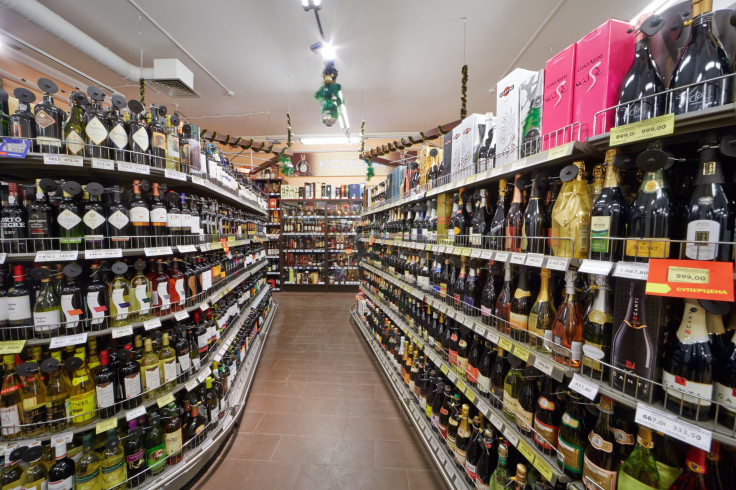Alcohol Minimum Price May Save Lives And Discourage Binge-Drinking Behavior

Researchers from England have figured out a way to reduce the number of deaths and injuries caused by alcohol consumption using their most powerful tool: math. The scientists from Sheffield University calculated that instituting minimum alcohol pricing in the UK would be 50 times more effective than an overall ban on the sale of cheap alcohol in reducing the number of alcohol-related deaths and injuries.
According to the BBC, two-thirds of all young people arrested for alcohol-related disturbances had previously “pre-drank” with cheap alcohol. These statistics are sure to be mirrored in cities around the world and suggest that increasing the price of alcohol would effectively prevent many people from both injury and arrest. However, officials are not exactly sure how to effectively increase alcohol prices in order to yield the best results.
This is where science stepped in. Using a mathematical model paired with information from the General Lifestyle Survey, the scientists were able to figure out exactly how much damage could be prevented from either a ban on “below cost selling” or the institution of a minimum price on alcoholic beverages.
A ban on “below cost selling” would target drinks that are currently sold so cheaply that their price is below that which it costs the retailer to purchase the product. Minimum alcohol pricing, which is currently used in England and Wales, requires retailers to use a math equation to figure out a price based on tax. Although both concepts would effectively reduce the number of alcohol-induced deaths and hospital admissions, it was found that a minimum alcohol price’s difference was significantly larger, especially in the most at-risk drinkers. The reason for this is because a minimum price for alcohol is predicted to discourage more people from “pre-drinking” or consuming large amounts of discounted supermarket alcohol before going out to a club or bar.
According to their study, which is currently published in the British Medical Journal, the team found that below cost selling will increase the price of just 0.7 percent of alcohol units sold in England, whereas a minimum unit pricing of 45 pounds ($72) would increase the price of 23.2 percent of units sold.
As for effect on the population, the ban on below cost selling saves an estimated 14 deaths and 500 admissions to hospital per year. In contrast, a 45-pound minimum unit price is estimated to save 624 deaths and 23,700 hospital admissions, the press release reported. A minimum price for alcohol is already instituted in Canada, and according to Time Stockwell from the Centre for Addictions Research at the University of Victoria in British Columbia, the benefits from these are much greater than those estimated by the Sheffield researchers.
Source: Brennan A, Meng Y, Hill-McManus D, Meir PS. Potential benefits of minimum unit pricing for alcohol versus a ban on below cost selling in England 2014: modelling study. BMJ. 2014.



























